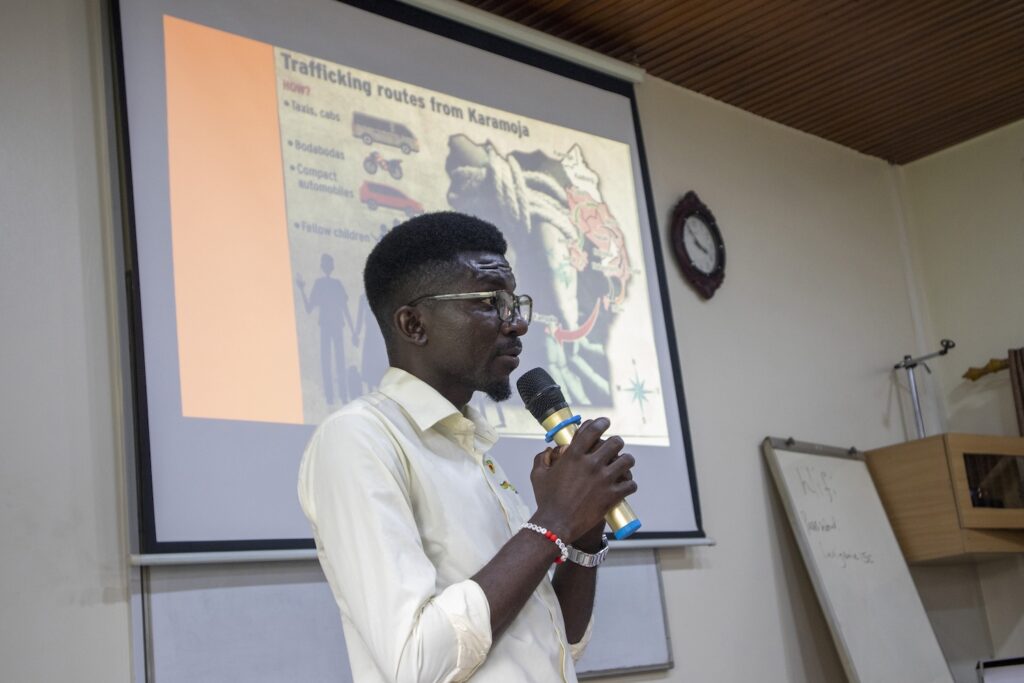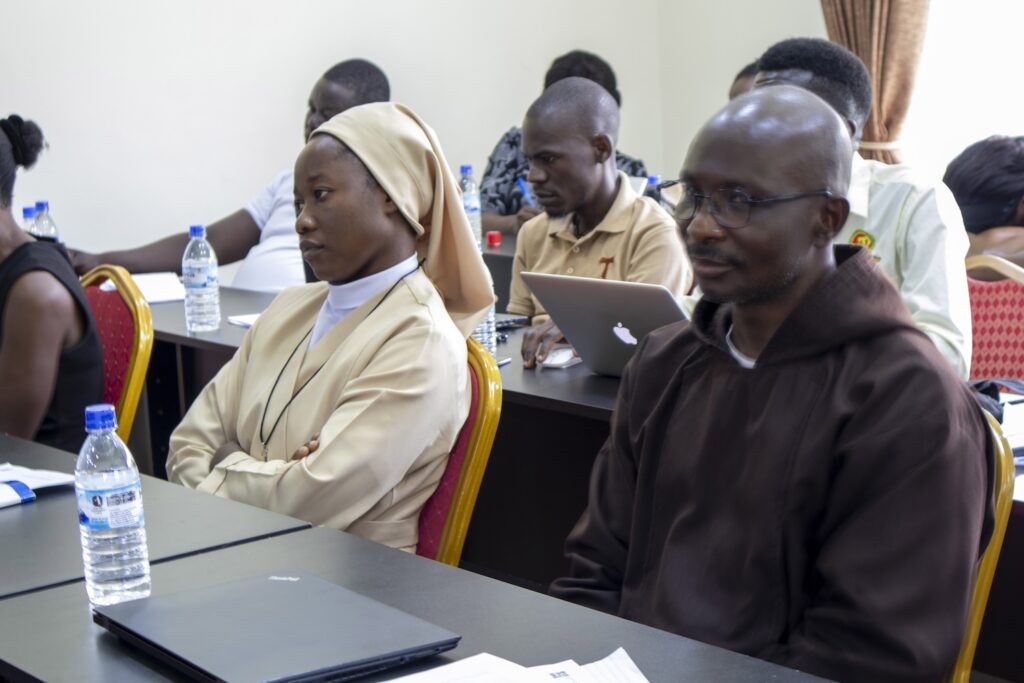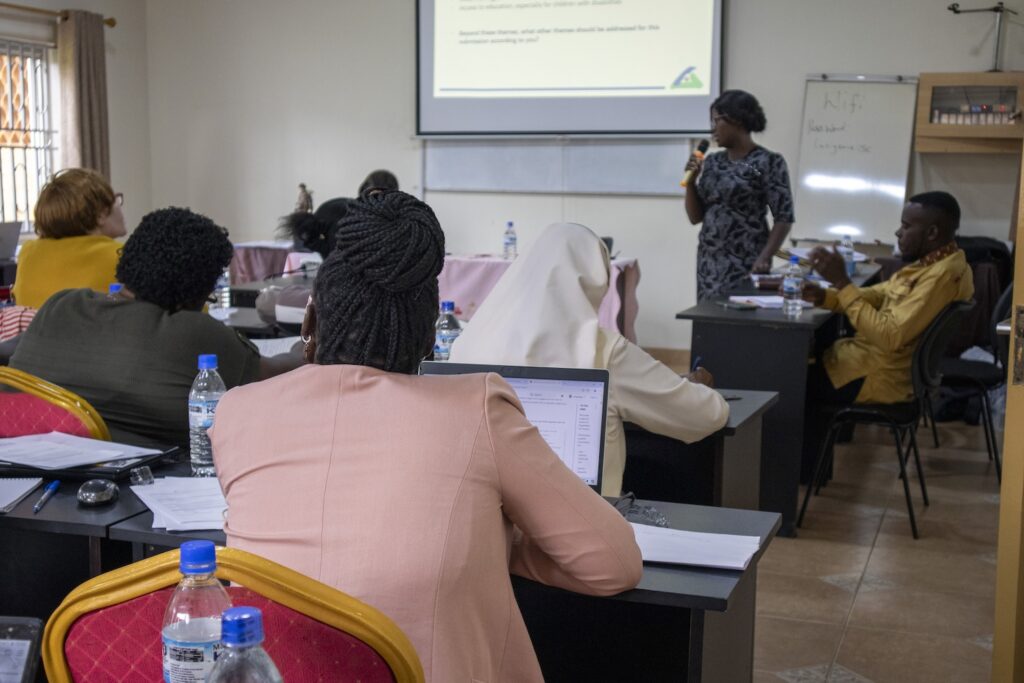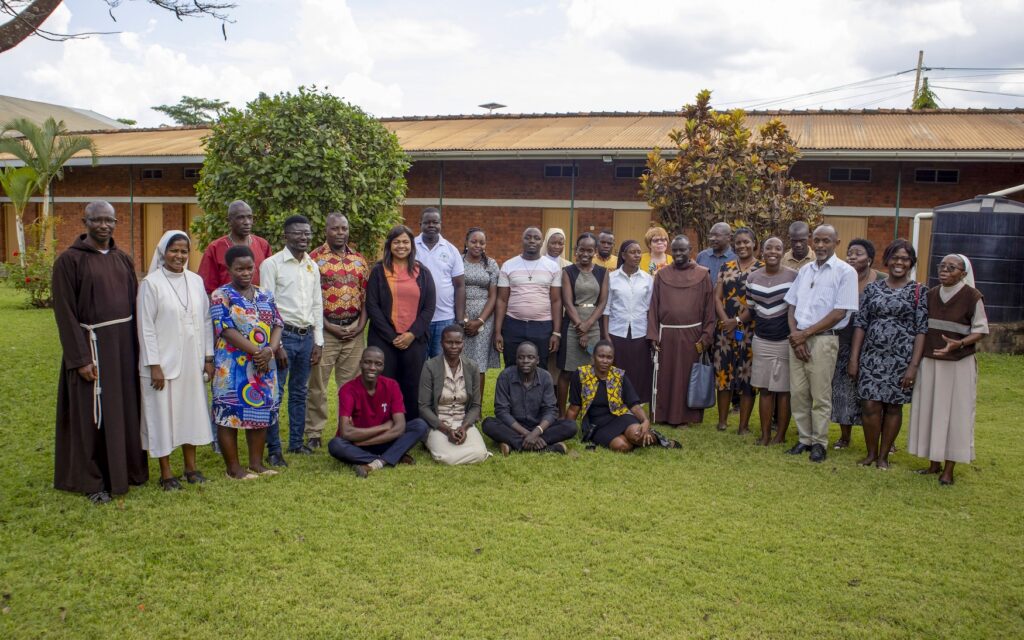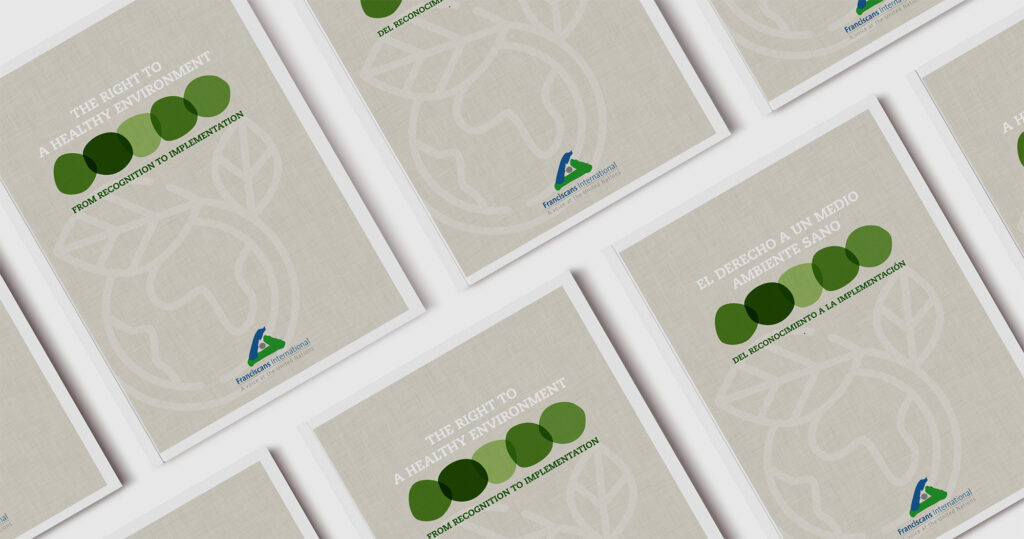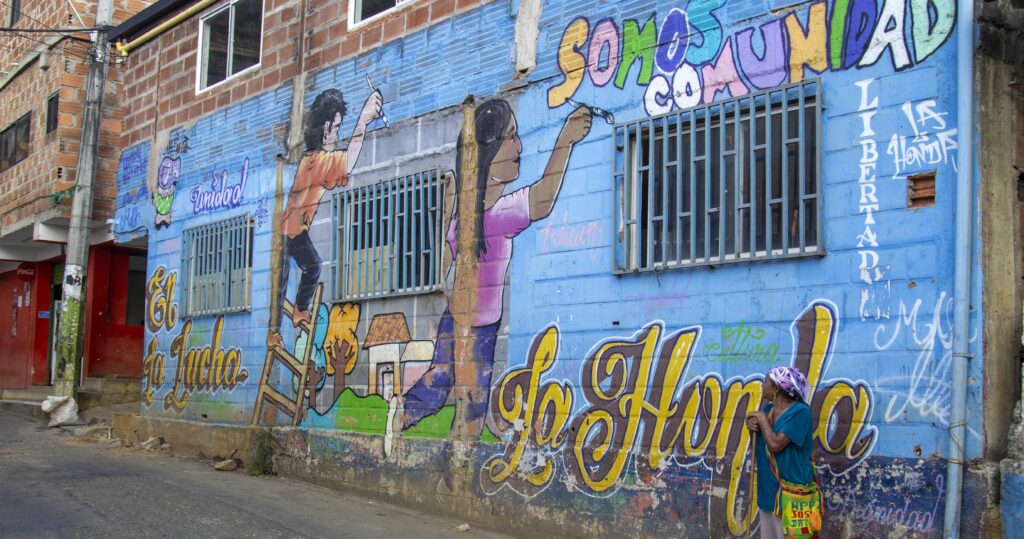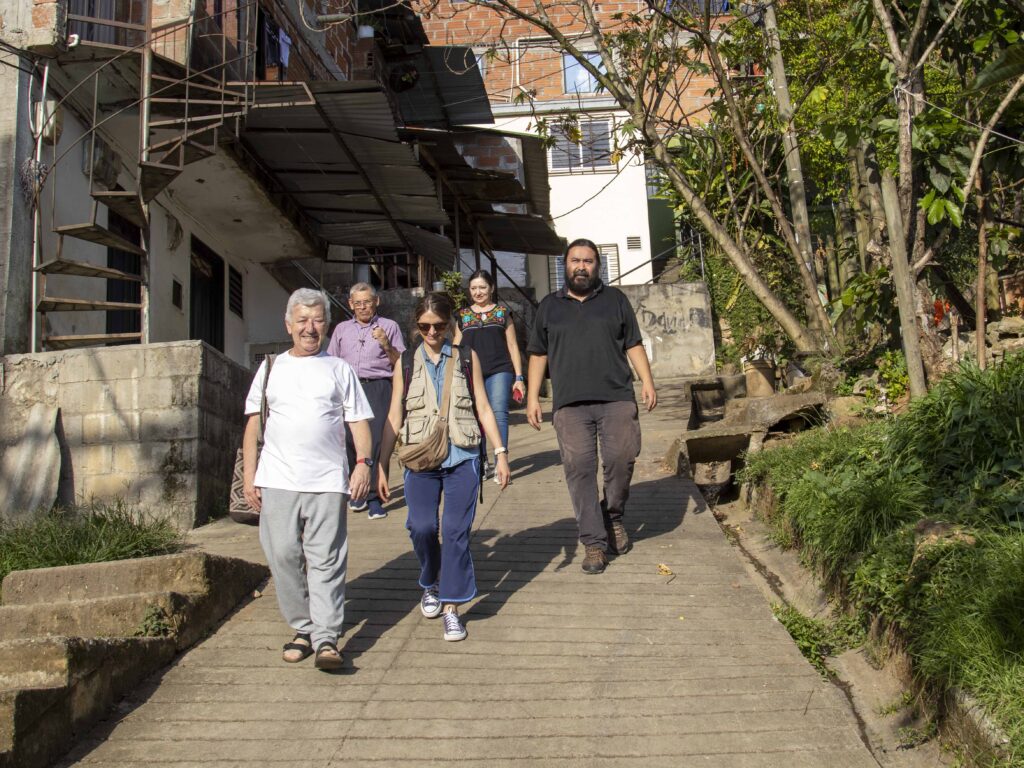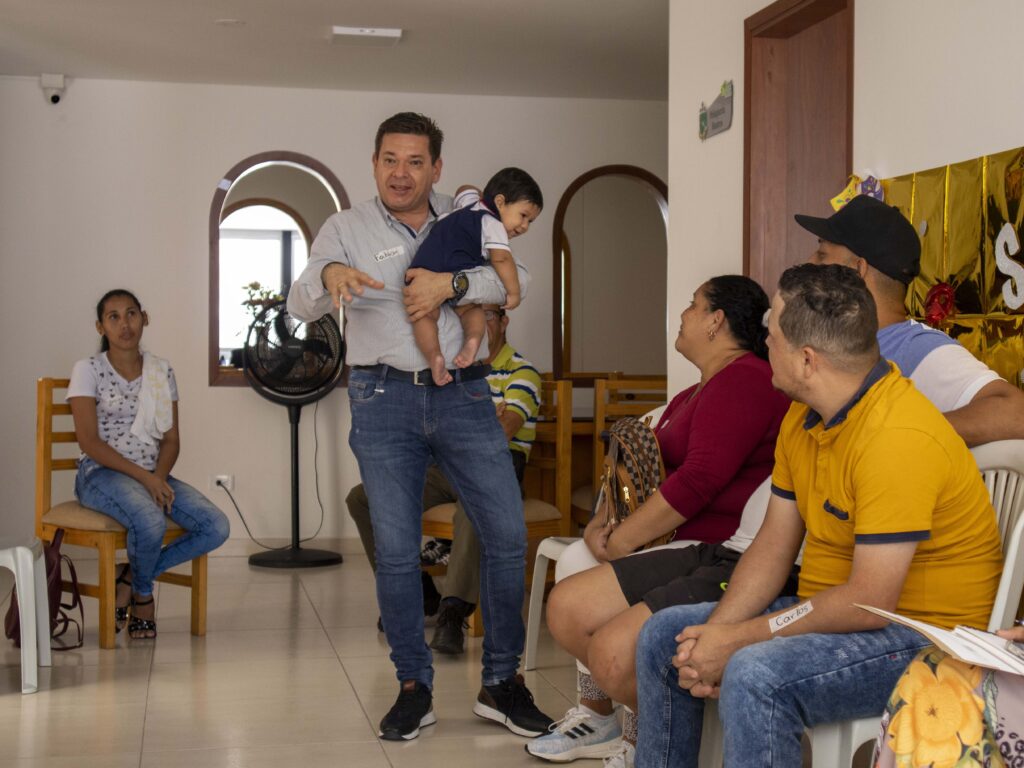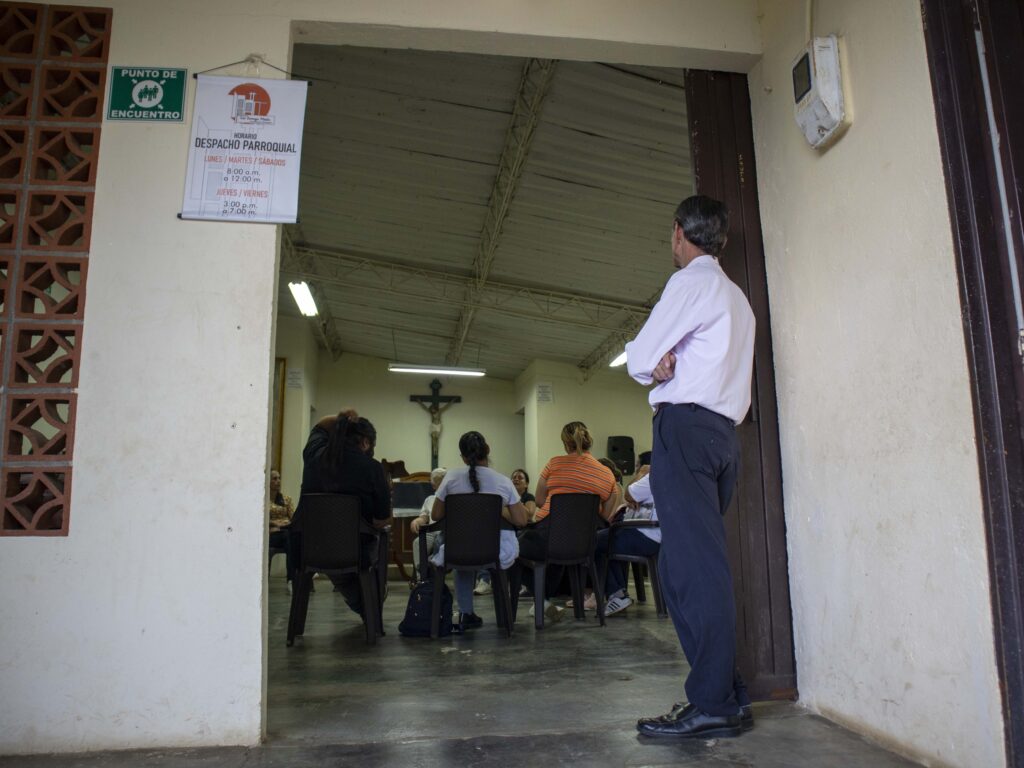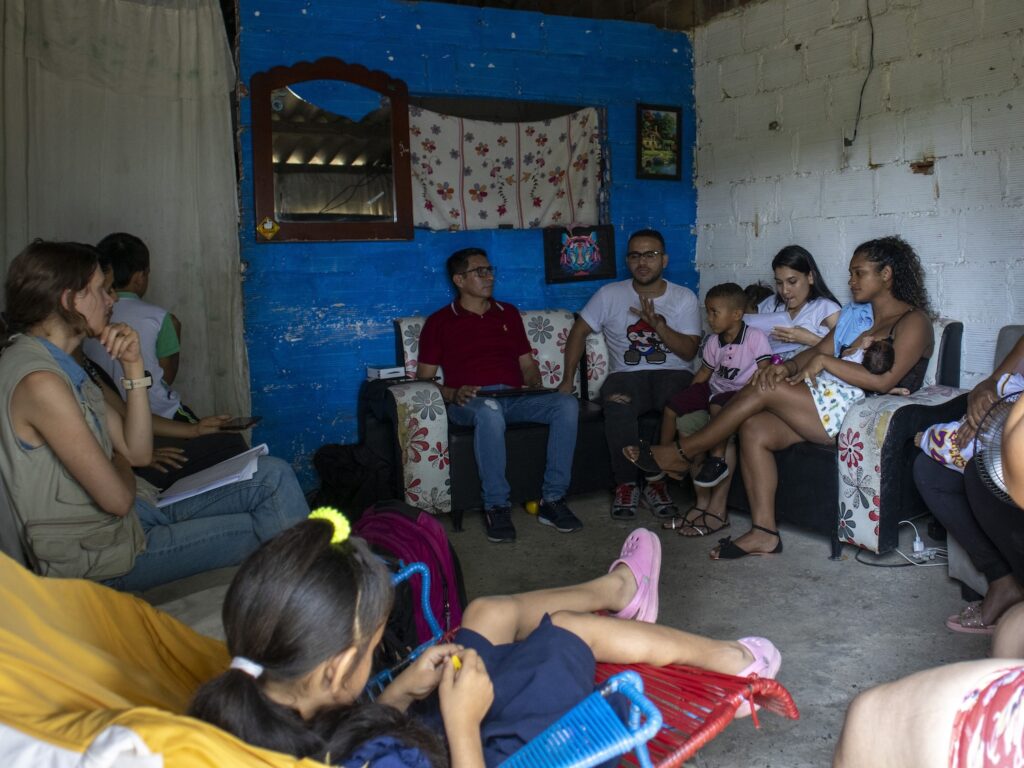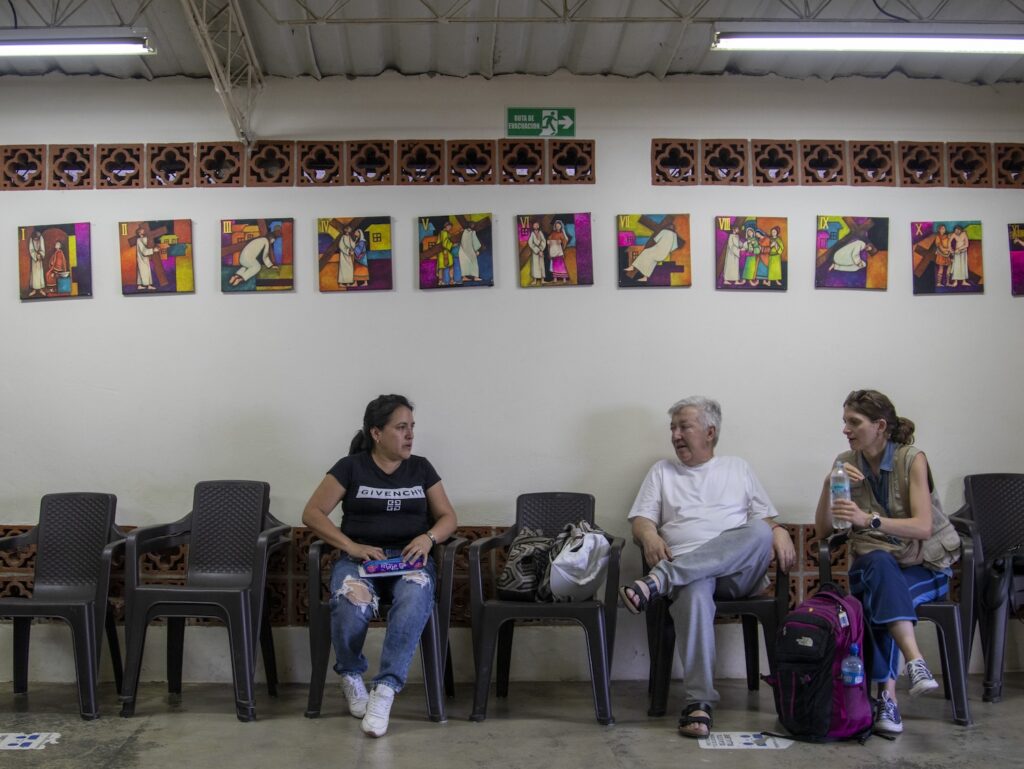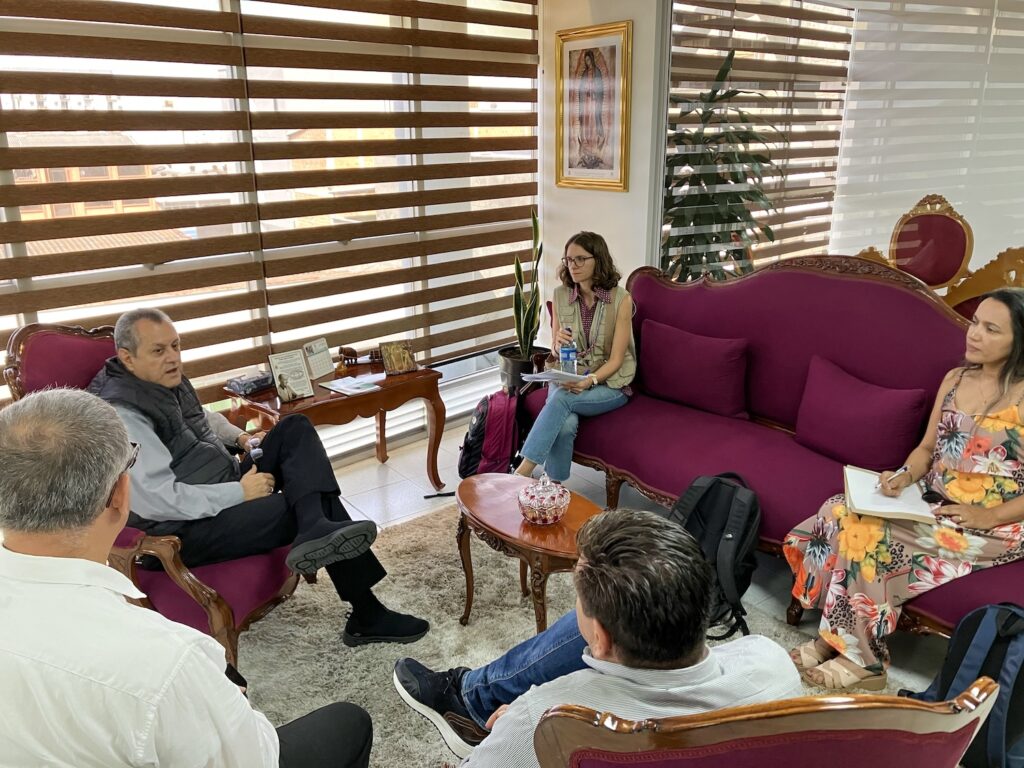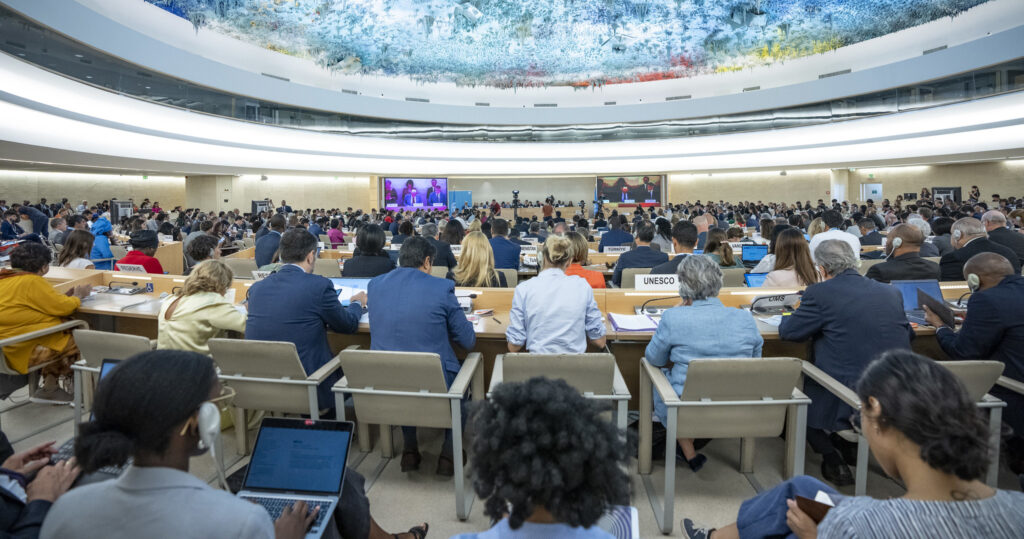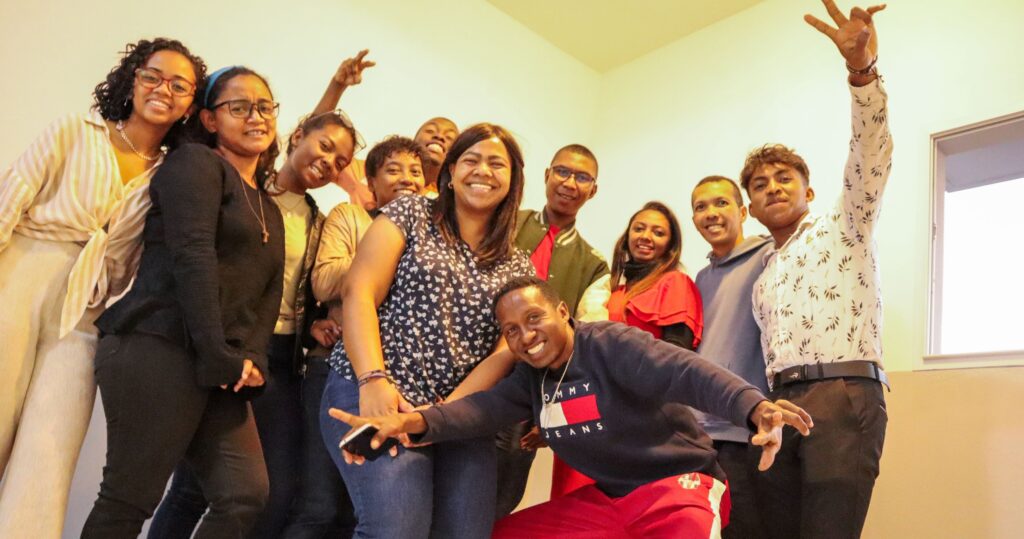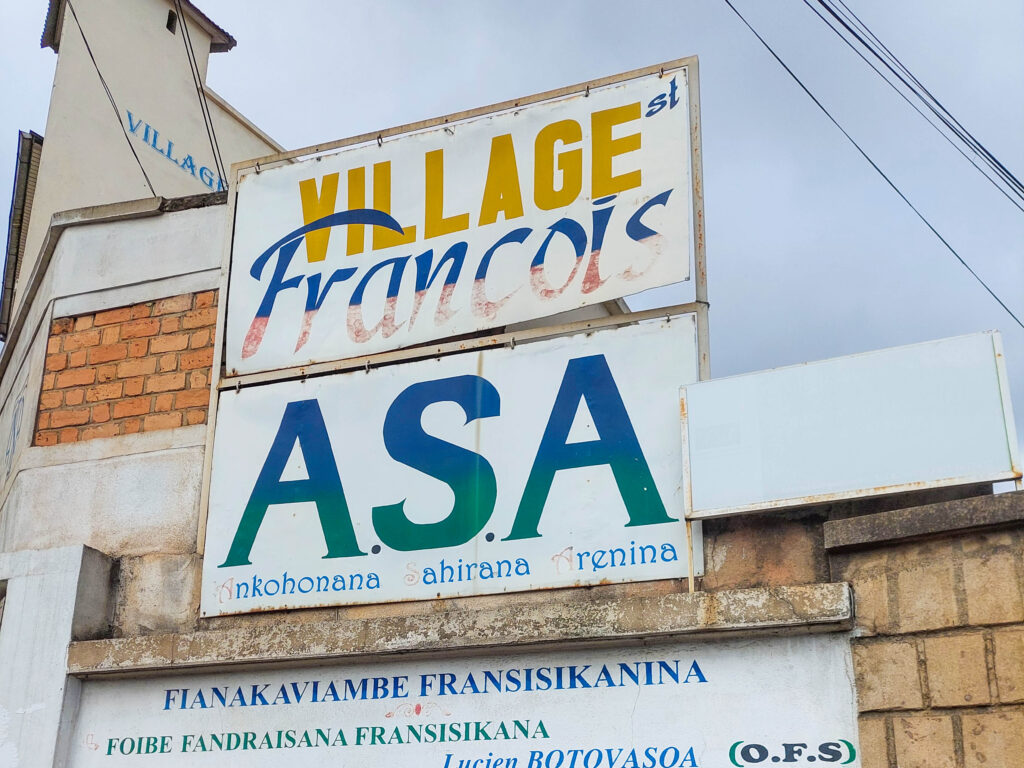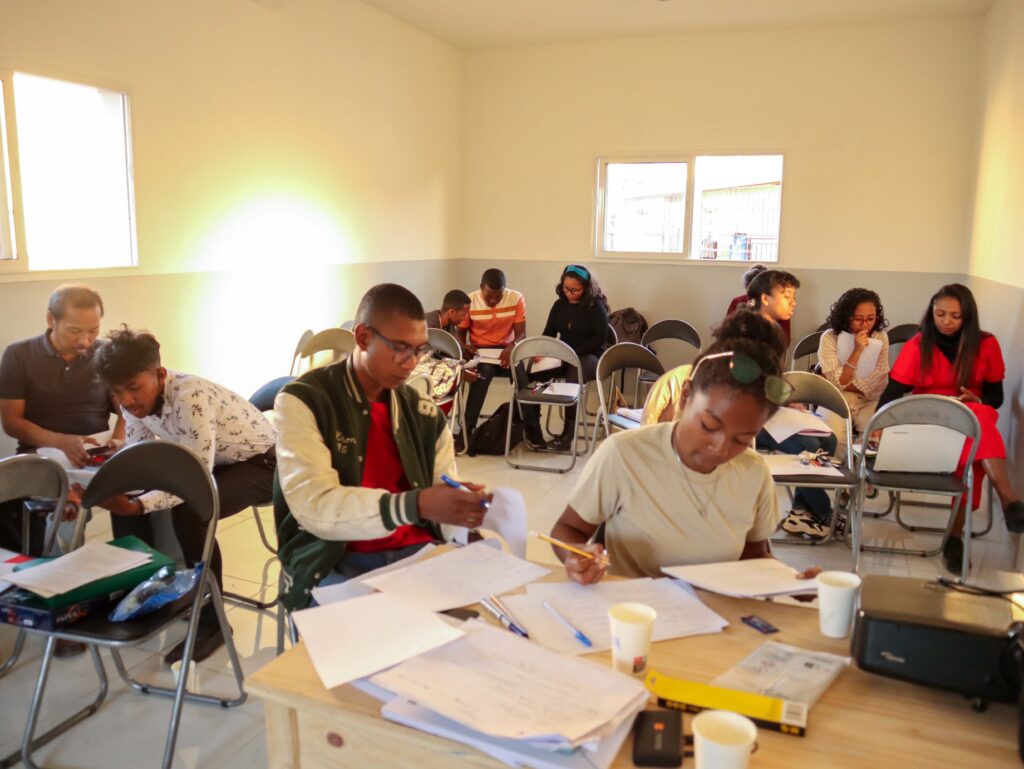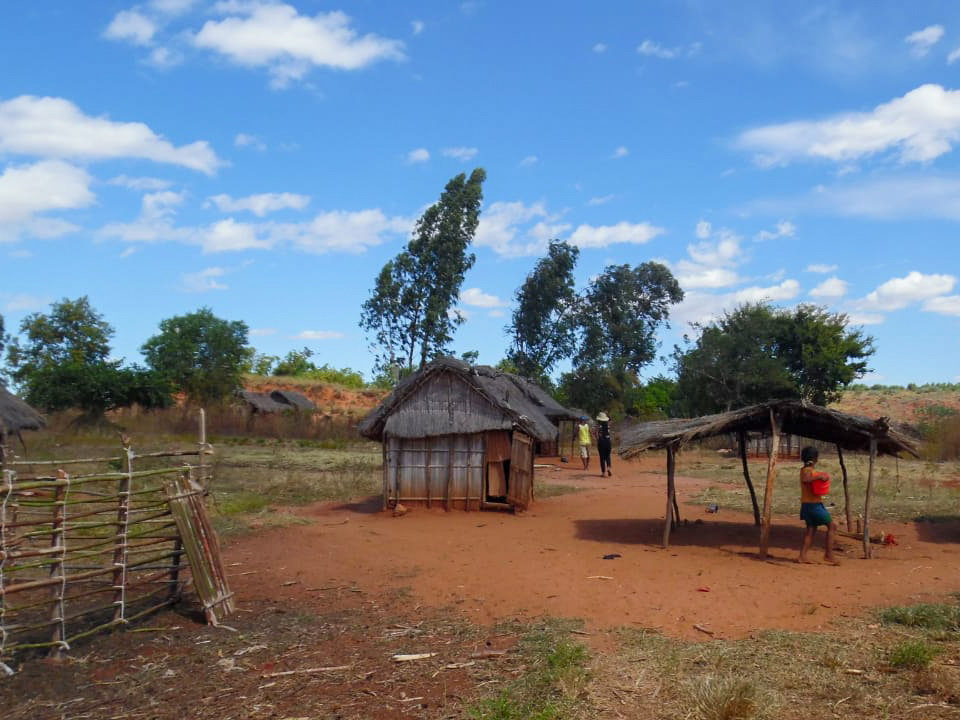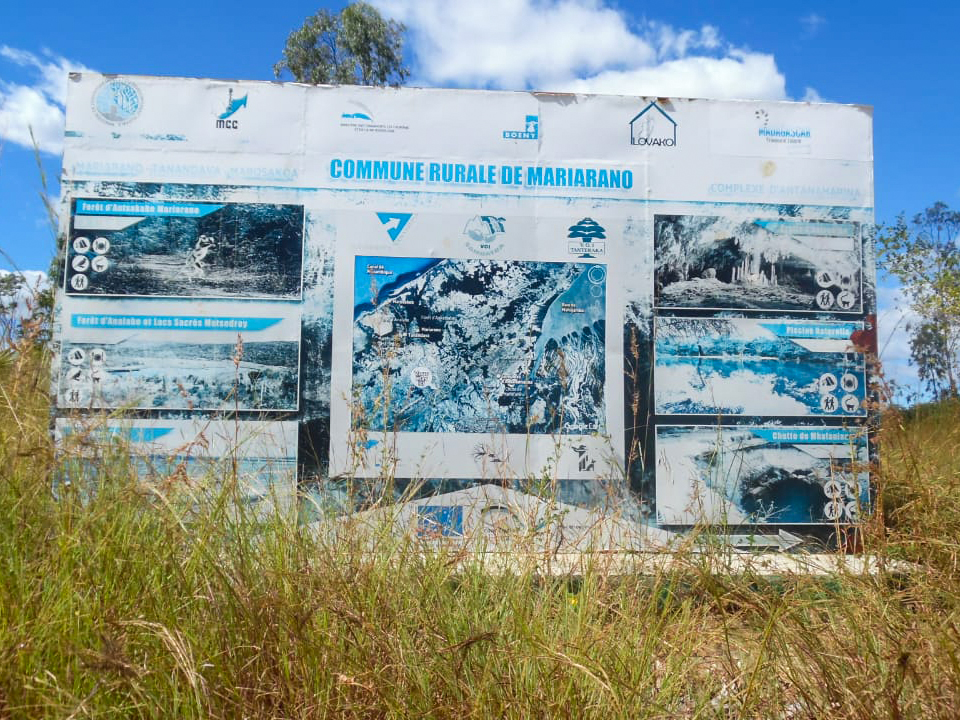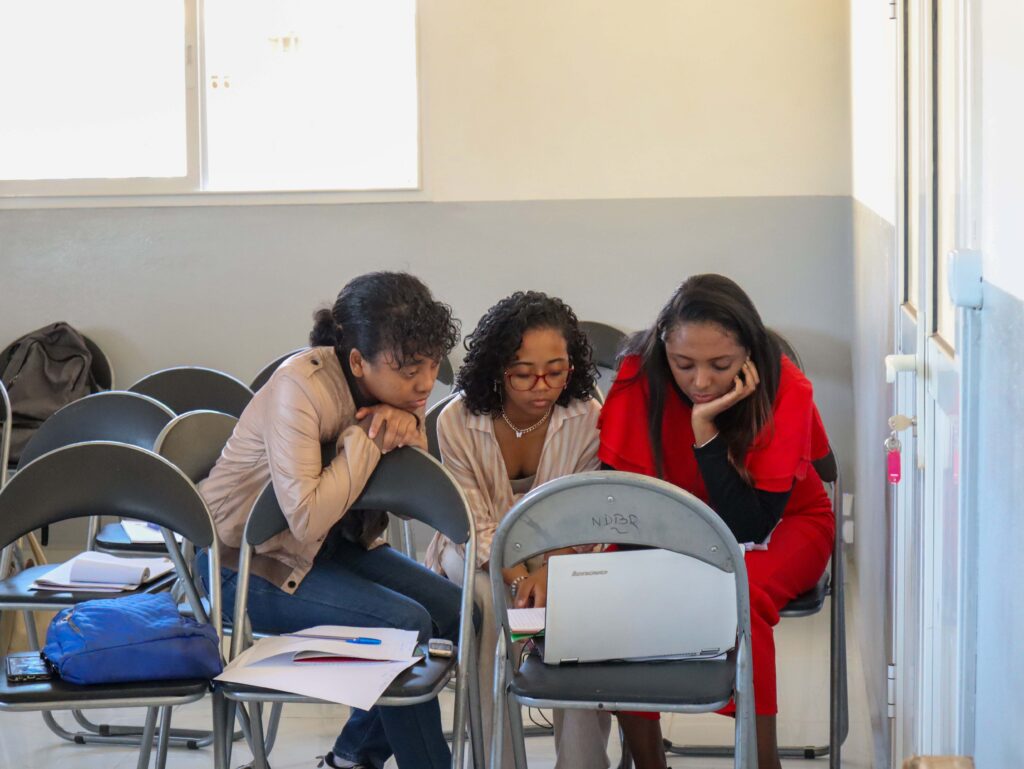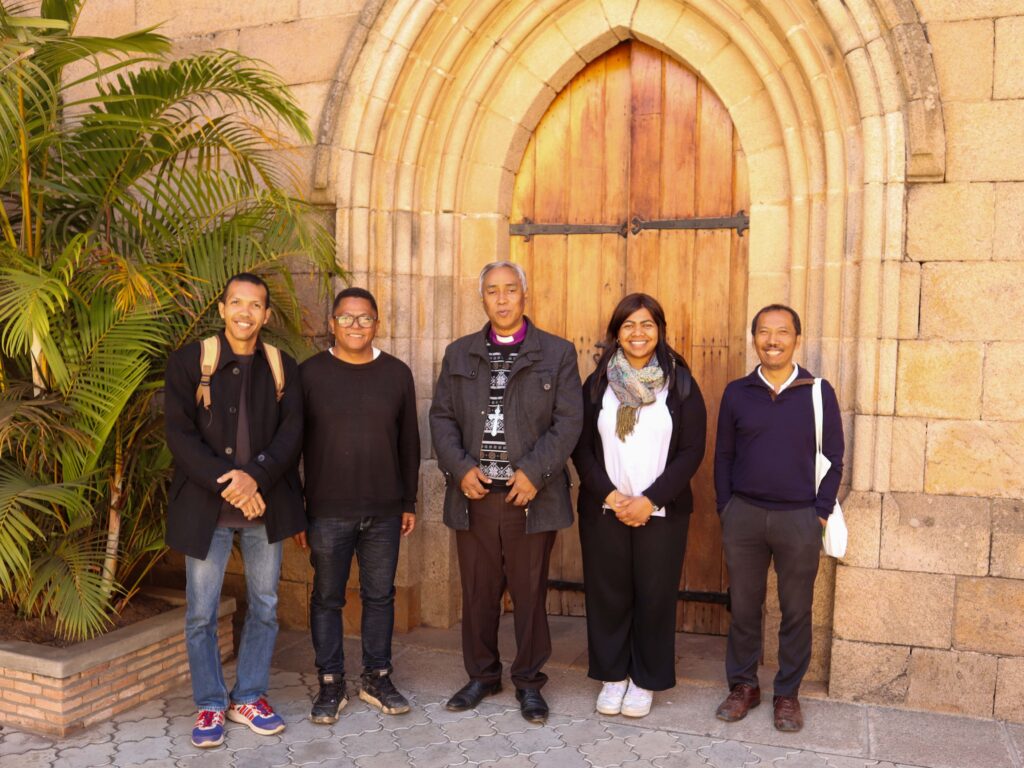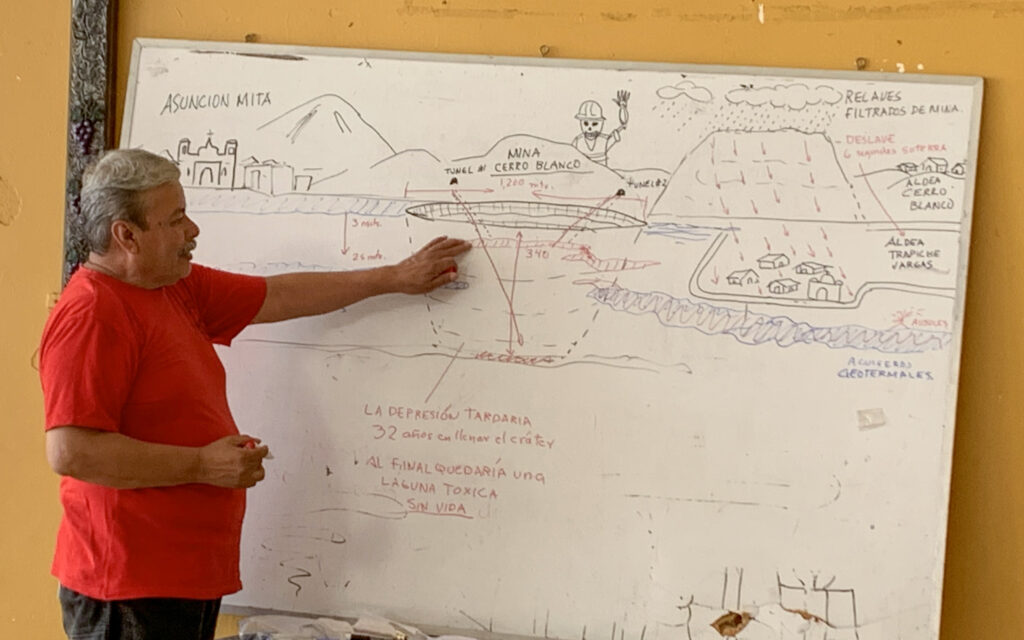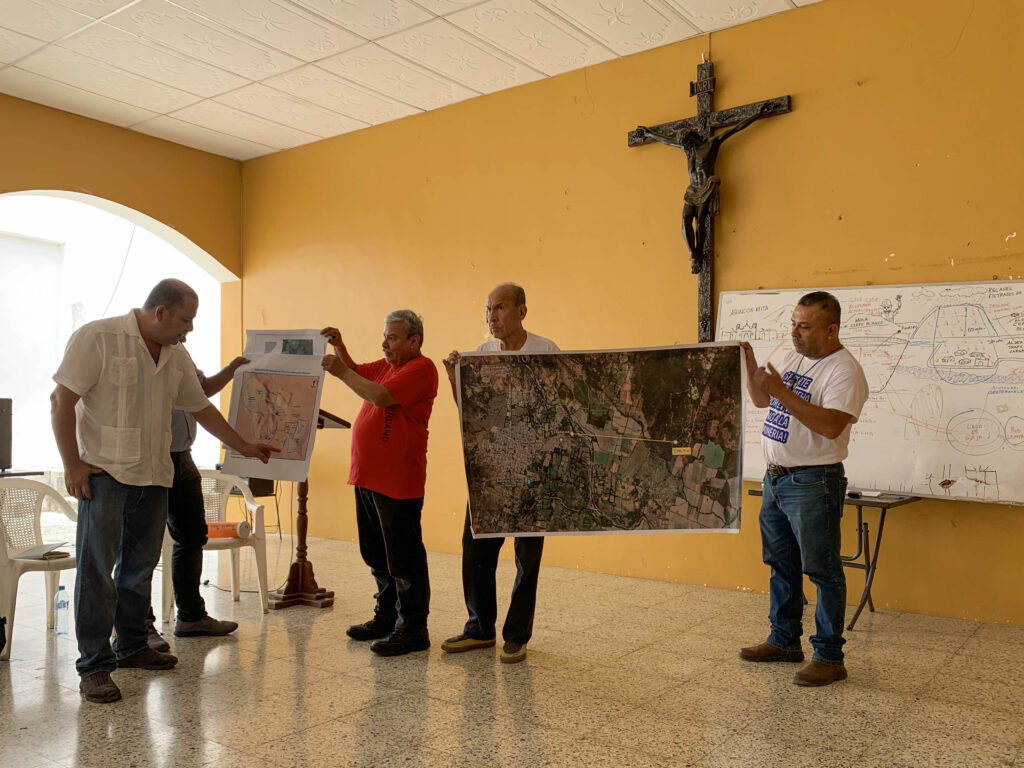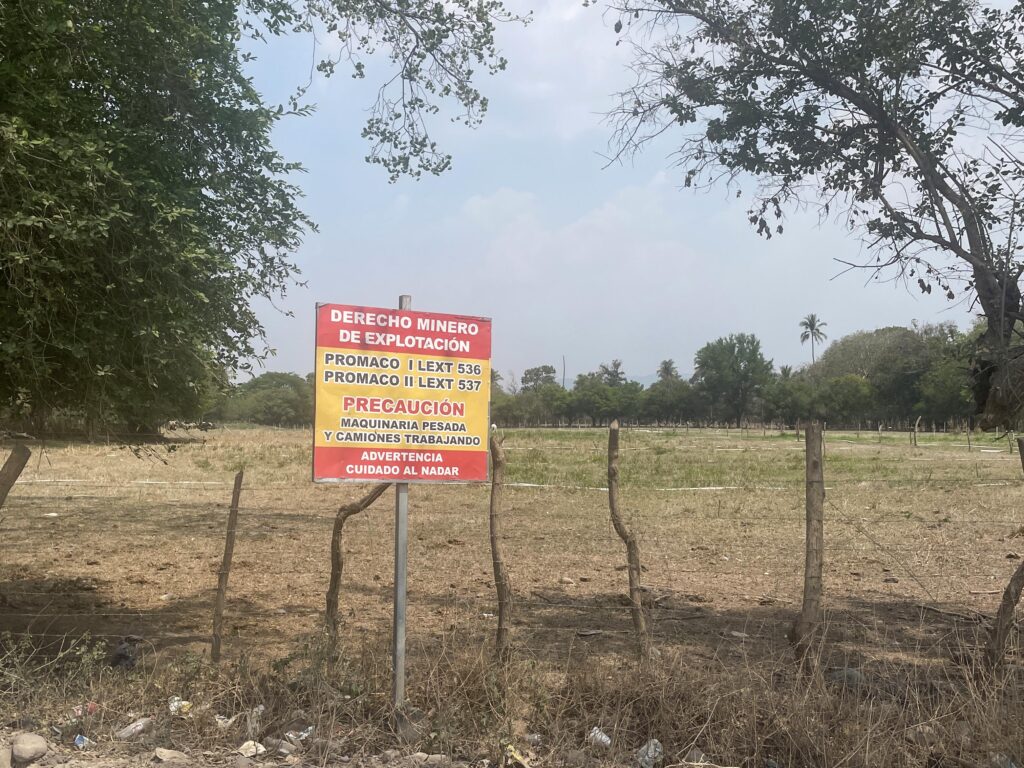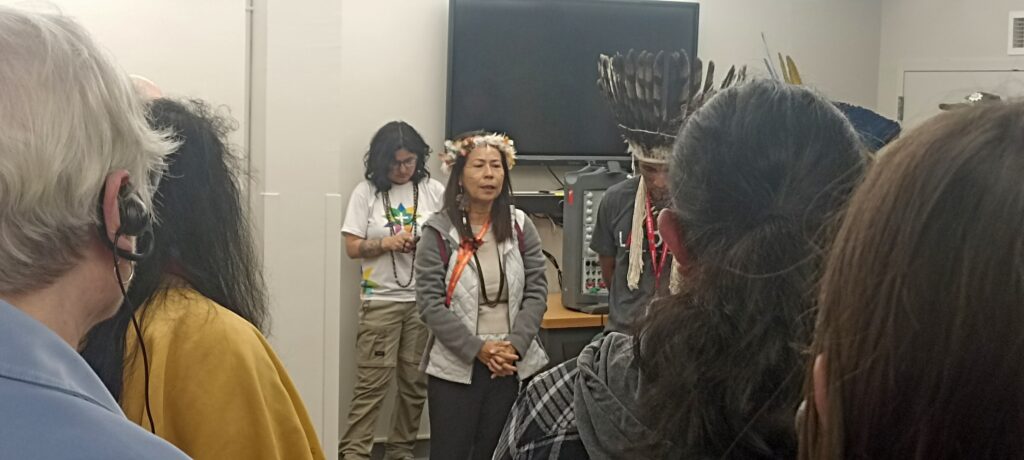The Human Rights Council convened for its 57th session between 9 September and 9 October 2024. You can find all our statements delivered during this session below. Our past advocacy interventions are available here.
Item 10: General Debate – The Philippines (9 October)
Despite its inherent weaknesses and failures, the recently concluded UN Joint Programme for Human Rights in the Philippines has been touted as a model to operationalize the Council’s Agenda Item 10. Yet, at its conclusion, the Joint Programme has only served to further entrench impunity and shield the government from scrutiny on key human rights issues. In a joint statement, we called for an objective and independent review to not only address the serious human rights concerns in the Philippines but also to ensure that the Council does not repeat its mistakes elsewhere.
• Full statement (English)
Annual Panel on the Rights of Indigenous Peoples – Guatemala (25 September)
Seventeen years ago, the UN Declaration on the Rights of Indigenous Peoples recognized their right to self-determination and the State obligation to prevent any act that would lead to the dispossession of Indigenous lands. However, today there are many obstacles to achieving these objectives. During the Human Rights Council, we raised the case of a nickel mine in El Estor, Guatemala that operates on Indigenous land without free, prior, and informed of the community and has caused widespread environmental damage. In a joint statement, we called on Guatemala to meet its international obligations and guarantee compliance with the Declaration on the Rights of Indigenous Peoples.
• Full statement (Spanish)
Item 4: General Debate – Mozambique (25 September)
More than half a million people are still displaced by the conflict in Northern Mozambique. Over 1.5 million face dire humanitarian conditions, with limited access to food, shelter, water, sanitation, and education – leaving them vulnerable to radicalization by extremist organizations. The official narratives on the conflict in Cabo Delgado ignore the socio-economic disparities which fuel the conflict, in part driven by transnational corporations that exploit natural resources. We urged Mozambique to comply with international human rights and humanitarian law obligations, including by regulating businesses operating in this conflict situation.
• Full statement (English)
Item 4: General Debate – Indonesia (25 September)
In a joint statement, we expressed our concerns over the unnecessary and harsh force used against protestors opposing the Regional Election Bill in late August and against journalists covering the demonstrations. Reports of incommunicado detention during police sweeps and severe beatings of protesters reflect a broader pattern of escalating human rights violations in Indonesia. In this light, our concerns extend to proposed legal amendments that would unduly expand police power and allow for unwarranted military involvement in civilian governance.
• Full statement (English)
Item 3: General Debate – Honduras (20 September)
Although Honduras committed in 2023 to stop using petroleum coke and coal, it is still facilitating a thermo-electric project in the Tocoa municipality, which relies on petroleum coke. The environmental impact studies presented by the company in question contain vague, incomplete, and deficient information, and authorities should have canceled the project from the outset. Instead, community members opposing the project have been attacked, culminating in the brutal murder of environmental activist Juan Antonio Lopez on 14 September. At the Human Rights Council, we stressed that Honduras should urgently comply with its human rights obligations to protect its population and hold companies and public officials accountable for their actions and negligence.
• Full statement (Spanish)
Item 3: Interactive Dialogue with the Special Rapporteur on toxics and human rights – Guatemala (17 September)
Unchecked business activities in Guatemala are negatively impacting both the environment and the lives and human rights of Indigenous Peoples. Mineral extraction has contaminated aquifers with heavy metals. Agri-businesses have contaminated soil and watersheds with pesticides. This has led to environmental degradation, the destruction of ecosystems, loss of biodiversity, and increased risks to the health, food security, livelihoods, and culture of the country’s Indigenous Peoples. Guatemala must urgently comply with its international obligations by regulating and controlling extractive industries. At HRC57, we urged the government to ratify the Escazú Agreement as an essential step toward this goal.
• Full statement (Spanish)
Item 3: Interactive Dialogue on the report of the Secretary-General on the impacts of loss and damage from climate change (13 September)
The loss and damages caused by climate change go far beyond material destruction, deeply affecting human dignity, cultural identity, and emotional well-being. Together with the Geneva Interfaith Forum on Climate Change, Environment and Human Rights (GIF) we highlighted the unique position of faith communities in responding to the challenges posed by non-economic loss and damages. We called on the Council to integrate these insights into policies as a way to strengthen the international human rights frameworks and to ensure that non-economic loss and damage is addressed in a more holistic, culturally sensitive, and human-centered manner.
• Full statement (English)
Item 2: General Debate – Guatemala (11 September)
As noted by the UN High Commissioner for Human Rights, criminal law has been misused in Guatemala to persecute human rights defenders, justice operators, journalists, students, and Indigenous authorities. In this context, the upcoming selection process of new magistrates for the Supreme Court of Justice and the Court of Appeals is crucial. In a joint statement, we called on the international community to observe the proceedings, support civil society organizations already doing so, and stress the importance of a transparent process.
• Full statement (Spanish)
Item 2: General Debate – Cameroon (10 September)
While welcoming a recent visit by the UN High Commissioner for Human Rights, we remain concerned about the persistent impunity for serious human rights violations committed in Cameroon since 2017. Violent clashes between the national army and non-State armed groups continue to have a deep impact on civilians. With presidential elections scheduled for next year, we delivered this joint statement to call on authorities to create the conditions for a peaceful and transparent vote, in line with international standards. We also urged the government to create favorable conditions for peace and national reconciliation.
• Full statement (French)
Item 2: Interactive Dialogue on OHCHR report on Sri Lanka (9 September)
Sri Lanka has failed to make significant progress in upholding its human rights obligations. Franciscans International expressed its concerns about the lack of accountability mechanisms for victims of enforced disappearances and other violations in the past and present, as well as the lack of progress in the investigations into the 2019 Easter Sunday attacks. Considering this, we urged the Council to renew the mandate for OHCHR and its Sri Lanka Accountability project for at least two years.
• Full statement (English)
Written statements
Human Rights Situation in Cameroon: Meaningful Conflict Resolution and Accountability Processes
Violent clashes between armed separatists and the military continue to have a profound impact on civilians in Cameroon, with human rights violations being committed by both sides. Accountability remains a distant reality as victims’ complaints rarely result in court cases, eroding trust in judicial processes. Ahead of the Human Rights Council, we made several recommendations to address the root causes of the conflict and engage in meaningful accountability processes including by enforcing language equality, establishing an adequate legal framework, ensuring safe access to humanitarian and medical aid, and engaging in a constructive dialogue with all parties.
• Full statement (English)
Thumbnail photo: UN Photo / Jean Marc Ferré
